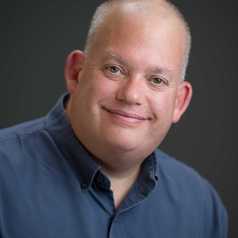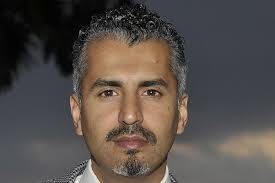
Twenty years since Princess Diana’s accidental death in a car crash, or is it the anniversary of her murder by British Intelligence acting on behalf of the royal family? The Royal Family certainly had motive enough to want her dead. She was destroying their reputation as a bastion of conventional morality and without that bastion the royal family could not survive. So — arrange for a drunken chauffeur, lots of paparazzi, a narrow tunnel on the route, a pre-positioned strobe-light and alert operator, and plots to delay ambulances, and the deed is done.
Salon.com alerted me to a Conversation article by Derek Arnold, Why Princess Diana conspiracies refuse to die. Excerpts I find especially pertinent:
I’ve found that belief in conspiracy theories is more about a refusal to accept the randomness of life and tragedy than it is about the existence of evidence (or lack thereof).
Sounds like the same reason “we” believe in God, ghosts, angels, superstitions, fate, diets.
As political scientist Michael Barkun details in his book “A Culture of Conspiracy: Apocalyptic Visions in Contemporary America,” conspiracy theories usually hinge on three core beliefs:
- Nothing happens by accident. For this reason, the horrible machinations of “evil” conspirators become more believable than a fluke or an accident.
- Nothing is as it seems. Successful conspirators hide their identities and actions; we must, therefore, always be wary, even when there’s little reason for suspicion.
- Dots can always be connected. Though conspirators attempt to hide their actions, patterns exist everywhere.
Another book I would like to read.
Today’s 24-hour news cycle also cultivates an opening for conspiratorial thinking. Among journalists, the race to break a story can lead to gaps or errors in reporting. We also tend to forget that as readers, many stories, especially breaking ones, are a work in progress. It can take months – even years – to ever know the full story.
Oh yes. One really notices the differences among various media here. A few (less popular ones, unfortunately) conspicuously stress how little is known in the early days, and they do not broadcast speculative figures of “numbers dead” or “suspected identities” of perpetrators of atrocities in the first twenty-four hours of an event — which I suppose is why they are too boring for a wider audience.
But perhaps the biggest reason we tend to give credence to conspiracy theories is our own mortality.
Studies have shown that many of us feel that we have little control over our own lives. This leads to something called “anomie,” a type of weariness that makes us view the world as an adversary, with people and systems out to get us.
Return to the similar reasons for believing in god.
To simply think of Princess Diana’s death as a “tragic accident” gives us less control over own fate. No matter how logically messy the details of a conspiracy theory might be, they do, strangely, soothe our own sense of worth and place in our world.
Like asking Jesus or Mary or God, lords of the universe, to take time to interfere with a burst of rain to allow us to get to an important appointment on time.
(I bet the Queen really did order MI6 to get rid of Diana, though.)

